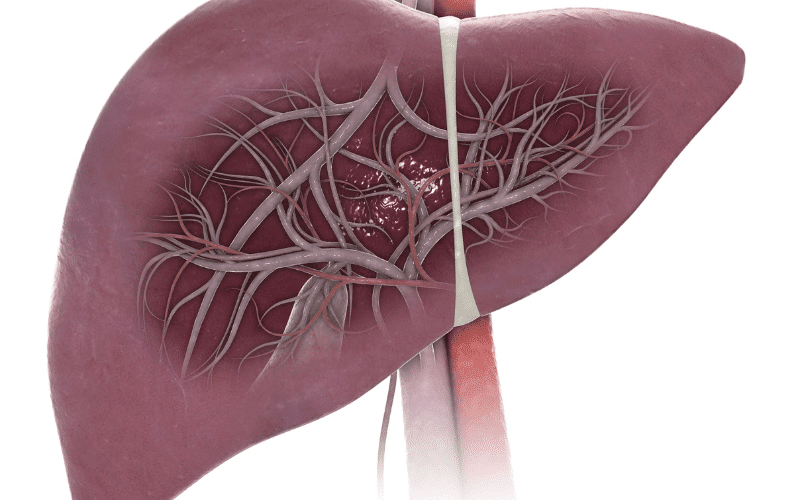Frequently Asked Questions About Liver Failure

1. What causes liver failure?
Liver failure can be caused by various factors, including viral infections (such as hepatitis B and C), excessive alcohol consumption, autoimmune diseases, genetic conditions, and certain medications. In some cases, liver failure can be acute, meaning it occurs suddenly, while in other cases, it can be chronic, resulting from long-term damage to the liver.
2. How is liver failure diagnosed?
Diagnosing liver failure typically involves a combination of blood tests, imaging studies (such as ultrasound or CT scan), and sometimes a liver biopsy. Blood tests can assess liver function and detect elevated liver enzymes, which can indicate liver damage. Imaging studies can help identify any structural abnormalities or tumors in the liver, while a liver biopsy can provide a more detailed evaluation of liver tissue.
3. Can liver failure be reversed?
In some cases, liver failure can be reversed if the underlying cause is identified and treated promptly. For example, stopping a medication that is causing liver damage or treating a viral infection can help improve liver function. However, in cases of severe or advanced liver failure, a liver transplant may be the only option for restoring liver function.
4. How can I prevent liver failure?
Preventing liver failure involves taking steps to protect your liver health. This includes avoiding excessive alcohol consumption, maintaining a healthy weight, practicing good hygiene to prevent viral infections, and being cautious with medications that can cause liver damage. Regular check-ups and blood tests can also help detect any liver issues early, allowing for timely intervention.
5. What is the prognosis for liver failure?
The prognosis for liver failure depends on the underlying cause, the extent of liver damage, and the patient’s overall health. Early detection and treatment can improve the prognosis, while advanced liver failure or complications such as hepatic encephalopathy or ascites can lead to a poorer outcome. In some cases, a liver transplant may be necessary to ensure survival.
6. What is the difference between liver failure and cirrhosis?
Cirrhosis is a specific type of liver disease characterized by the formation of scar tissue in the liver, leading to impaired liver function. Liver failure, on the other hand, is a more general term referring to the inability of the liver to perform its vital functions. Cirrhosis can eventually lead to liver failure if left untreated or if the underlying cause is not addressed.
Conclusion: Recognizing the Early Symptoms of Liver Failure
Liver failure is a serious condition that requires prompt diagnosis and treatment to prevent further damage and potentially life-threatening complications. By recognizing the early symptoms and first signs of liver failure, such as jaundice, abdominal pain, fatigue, nausea, confusion, loss of appetite, itchy skin, easy bruising, dark urine, pale stools, and swelling in the legs and ankles, you can take action to seek appropriate medical care.
It’s important to remember that many of these symptoms can be indicative of other conditions, not just liver failure. However, if you’re experiencing several of these symptoms in conjunction with each other, it’s essential to consult a healthcare professional for a thorough evaluation. Early intervention can help address the underlying cause of liver failure and improve your chances of recovery.
By understanding and recognizing the early symptoms and first signs of liver failure, you can be proactive in seeking the appropriate care and treatment, ensuring the best possible outcome for your health.